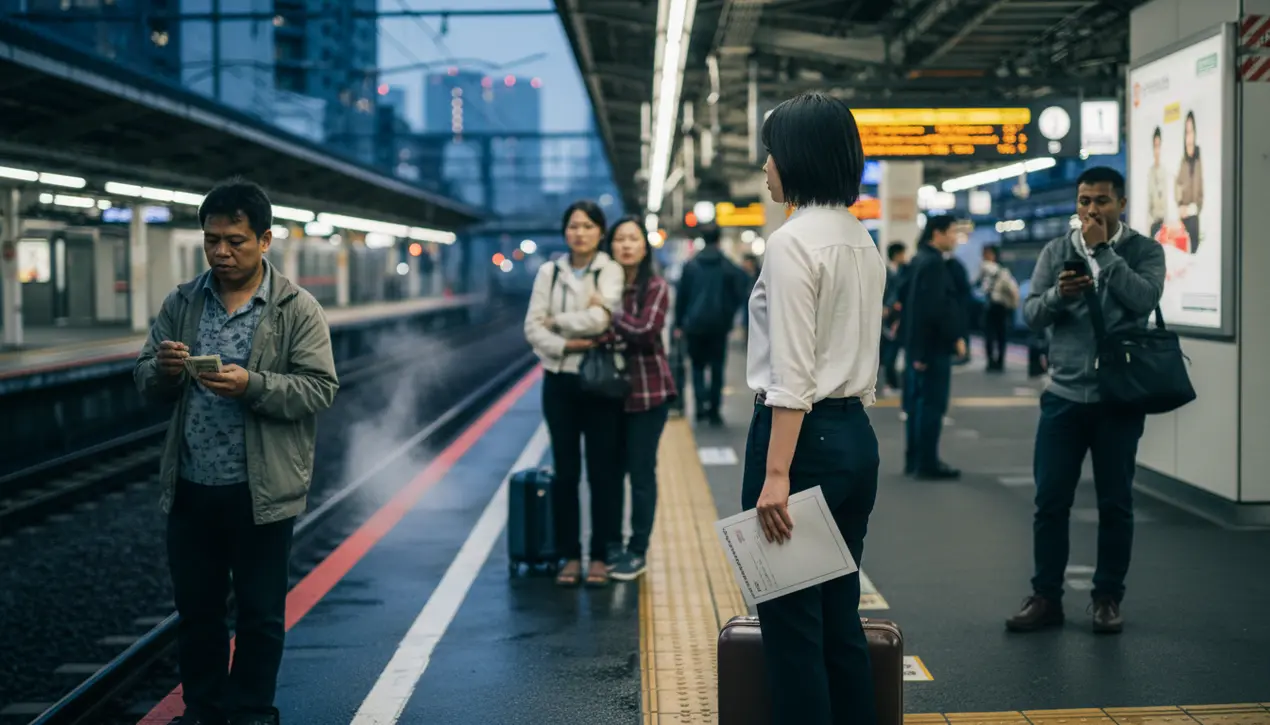
Politicshuman rightsRefugees and Migration
Japan's visa fee hike may worsen foreign labor shortages.
AN
Anna Wright
17 hours ago7 min read4 comments
Japan’s proposed residency visa fee hike, ostensibly designed to align with Western standards, presents a profound paradox that cuts to the heart of the nation's fraught relationship with immigration. The government's rationale, as reported by the Yomiuri Shimbun, is a familiar two-pronged approach: using the additional revenue to improve conditions for foreign residents while bolstering deportation mechanisms for those deemed illegal.Yet, for a country grappling with a demographic winter so severe that its population is shrinking at an unprecedented rate, this policy feels like applying a bandage to a arterial wound. The expatriate community’s division is understandable, a mix of resignation and alarm, but the deeper story is one of a society at a crossroads.Can a nation that has historically prized cultural homogeneity truly build an inclusive infrastructure for a rapidly growing foreign populace, or is this financial measure merely a performative gesture that will exacerbate the very labor shortages crippling its construction, agriculture, and service sectors? We must view this not merely as a fiscal adjustment but through a social policy lens, examining the personal impact on the thousands of nurses, factory workers, and engineers who have chosen Japan as a home. The narrative often missing from government briefings is the human one—the Filipino careworker sending remittances home, the Vietnamese technical intern trapped in a cycle of debt, the Indian IT specialist weighing a future in Tokyo against opportunities in Canada.This move echoes policies in nations with vastly different immigration histories, raising critical questions about whether Japan is learning from their successes or merely replicating their barriers. The promised 'improved conditions' remain nebulous, and without transparent allocation and community consultation, the fee increase risks being perceived as a simple revenue grab that disproportionately burdens the very individuals Japan claims it wants to attract and retain.It is a policy that reflects the internal struggle within Japan's leadership, caught between the economic imperative for foreign labor and a deep-seated political reluctance to embrace multiculturalism fully. The consequences could be stark: making Japan a less competitive destination in the global race for talent, pushing skilled workers toward more welcoming shores, and ultimately, deepening the economic stagnation that a shrinking workforce inevitably brings. This is more than a line item in a budget; it is a test of Japan's vision for its future self.
#Japan
#visa fee increase
#foreign labor
#immigration policy
#deportation
#expatriate community
#featured
Stay Informed. Act Smarter.
Get weekly highlights, major headlines, and expert insights — then put your knowledge to work in our live prediction markets.
Related News
Comments
Loading comments...
© 2025 Outpoll Service LTD. All rights reserved.